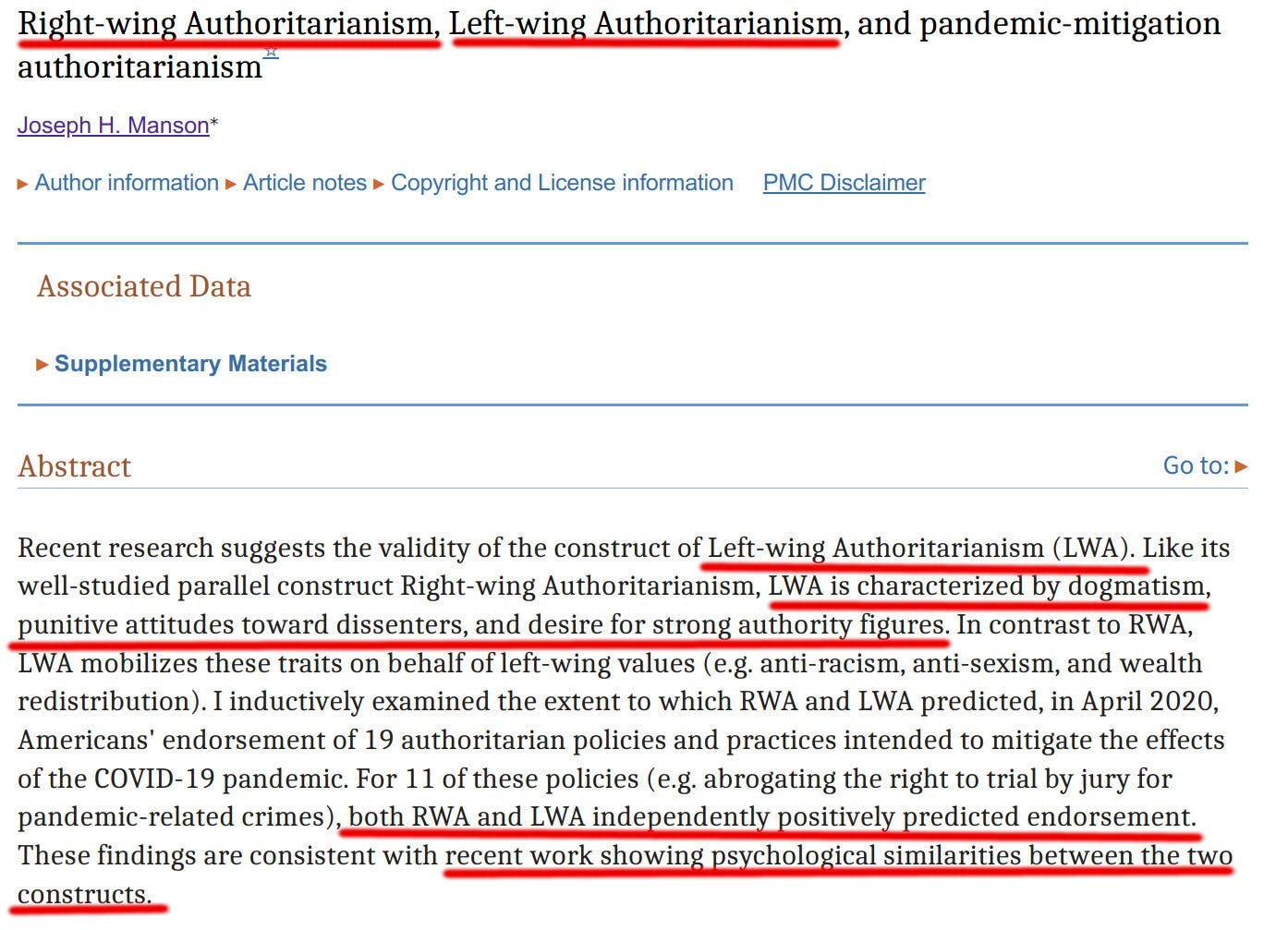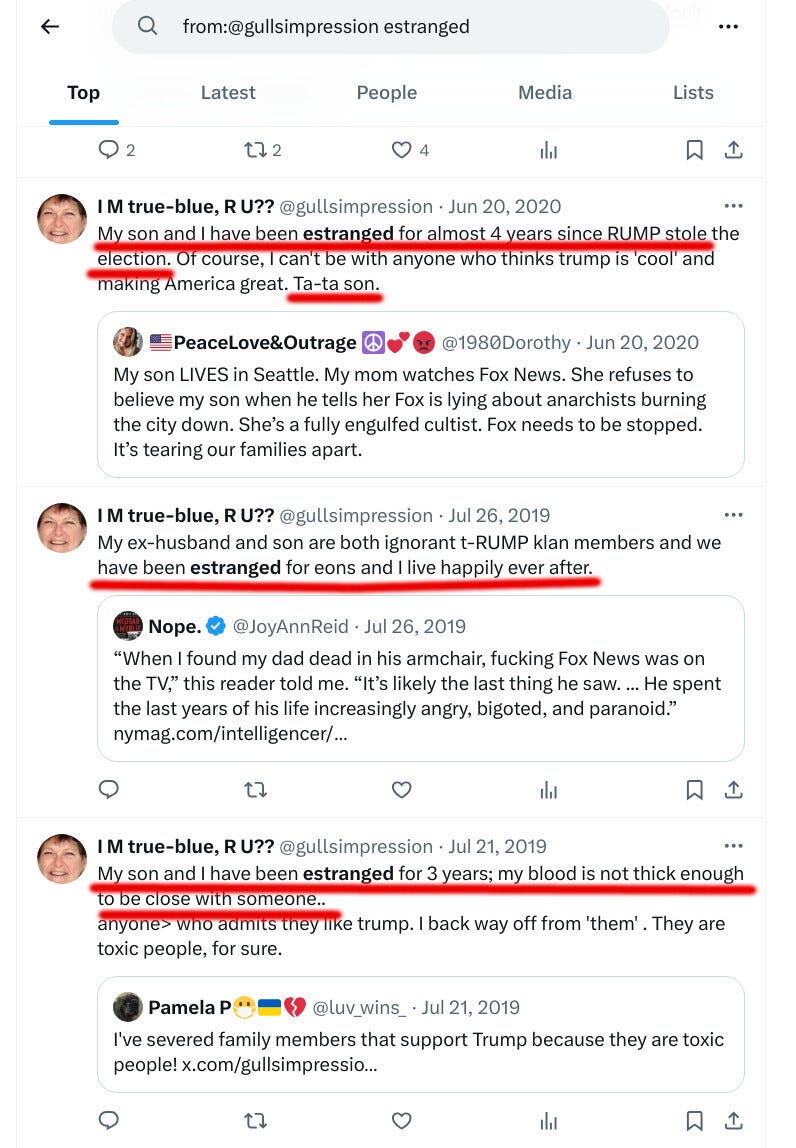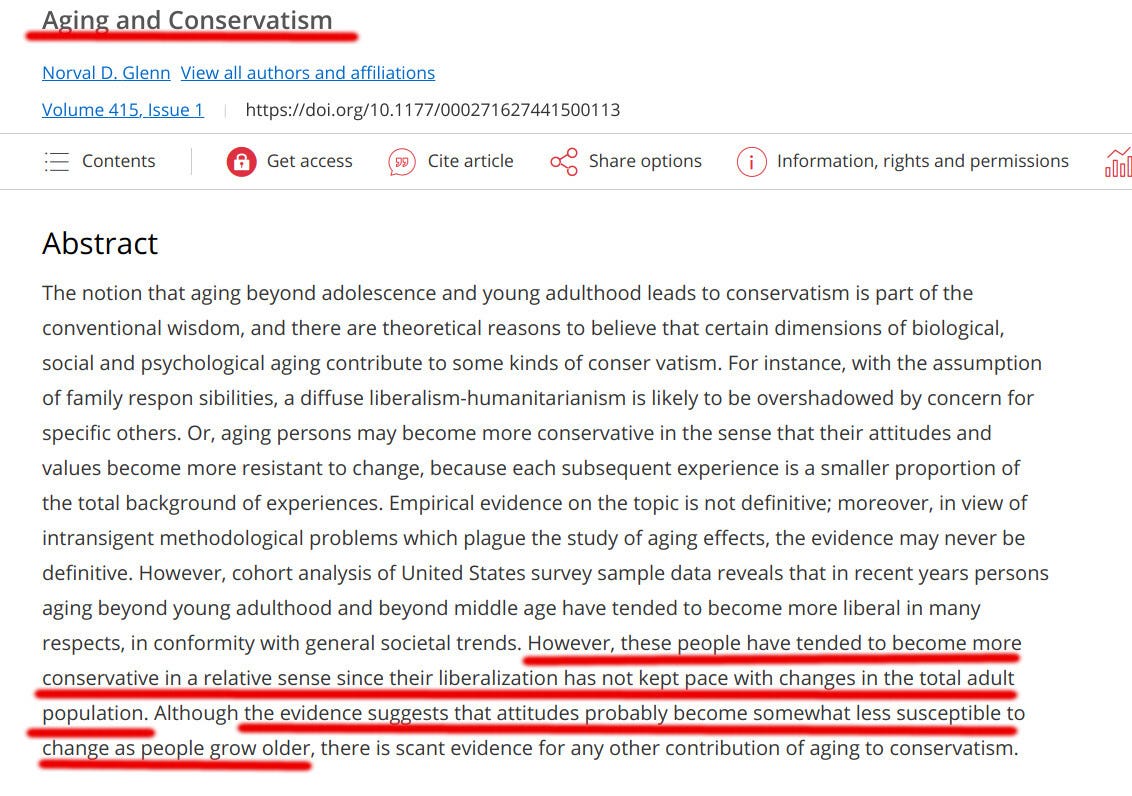Authoritarian Personalities, Politics, and Family Discord
If you, my dear reader, are like me, you probably are very concerned about current events and the course that humanity and our planet are on. That is a very good thing!
Many people’s core beliefs can be summarized as follows:
Evil forces are scheming to subvert our freedoms and institute tyranny. Shadowy organizations or even foreign governments coordinate these forces. Corruption plays a large role in current events, and we must expose the evil before it finally wins.
We have plenty of evidence supporting our worldview. Conversely, our opponents rely on lies and conspiracy theories to keep people under their spell. They spread hate and division and seek to corrupt our youth. Their propaganda and distortions should have no place in public discourse.
The future is bleak unless we wake people up.
If you hold or have seen someone espousing such views, be aware that people on the “opposite side” believe almost the same thing, with the difference being the details of who, where, and why. For example, the beliefs of “Trump supporters” and “Trump haters” are roughly similar, differing only in details of what is “tyranny,” which “shadowy organizations” and “foreign governments” are in on the plot, and what the lies are.
Many people feel so strongly about such matters that they adorn their cars with bumper stickers. Look at these cars: one is in Arizona, and the other is in Texas:

Are these two drivers completely different? One says, “VACCINES KILL,” whereas another proudly proclaims to be “VACCINATED AF.” One screams, “TRUMP LOST,” and another has “ABSOLUTE PROOF OF ELECTION FRAUD.”
Do these drivers also share some similarities? Let’s see:
They have strong beliefs
They want others to know about their beliefs
They want to convince everyone they are right
Both believe that they are on the side of freedom. (one says LEGALIZE FREEDOM, and another has a sticker of the Statue of Liberty)
Both fight evil and support good.
These two persons differ in their beliefs, but their personalities have much in common.
Right-Wing and Left-Wing Authoritarianism
As Wikipedia explains, an authoritarian personality is characterized by a disposition to treat authority figures with unquestioning obedience and respect. Examples of such authority figures could be the Church or Science.
The Wikipedia article, written by left-wing contributors, heavily leans on examples of “right-wing authoritarianism.” Much debate in scientific circles goes on around whether “left-wing authoritarianism” is even a thing. While, predictably, left-wing scientists claim that it does not exist, much evidence can be found of its existence. Here’s an interesting discussion of left-wing authoritarianism in relation to the Covid pandemic:
Some psychologists have dismissed LWA as a “myth” (Stone, 1980), comparable to the Loch Ness Monster (Altemeyer, 1996). Conway III et al. (2017) postulated that LWA resembles RWA in being characterized by high levels of dogmatism, punitive attitudes toward dissenters, and desire for strong authority figures.
What distinguishes LWA from RWA is the content of the dogmatically defended values.For individuals high in LWA, these values include pro-environment and anti-racist and anti-sexist beliefs, and rejection of traditional Christian moral restrictions. This model was supported with data showing associations of a new LWA instrument with measures of dogmatism, prejudice, and attitude strength. … LWA's nomological network shared numerous features with RWA's nomological network, including high levels of dogmatism, affective polarization, and moral disengagement.Results from a modified Tangram Help/Hurt task showed that LWA, over and above political ideology, predicted behavioral aggression toward political opponents(Costello, Bowes, et al., 2020).
The study, conducted early during the pandemic, found that authoritarians of all kinds loved to report violators to the police and shared many psychological characteristics.
Authoritarianism and Family Discord
Authoritarians, by definition, want their beliefs to be universal and shared by everyone, especially their loved ones. They are very upset when their beliefs are not shared, or worse, challenged:
They feel compelled to change the minds of their loved ones
They are often convinced that screaming can change minds
They accuse disagreeing relatives of being bad people for supporting evils such as bigotry, homosexual agenda, vaccines, antivaxxers, illegal immigration, xenophobia, etc. (opposing terms are alternately italicized and bolded)
They want to punish disobedient, ignorant, bigoted, etc., relatives in a variety of ways.
When punishment fails to change minds, the relatives are blamed and accused of being ungrateful, closed-minded, and unworthy.
The outcome is frequently family estrangement.
Consider this mother, who estranged herself from her son because her son is a Trump supporter:
More examples:
Trump supporters also disown their children:
Most of these people are deeply upset about their family discord and share their heartbreak, loneliness, and frustration with like-minded online friends. Entire subreddits and Facebook groups exist for “estranged adult kids” and “estranged parents,” who often blame politics for the separation (usually, it is more than politics, but I digress).
How Important Is it to Change Our Relatives’ Beliefs?
I get it. Politics is important. Vaccines are hugely important, as I spent several years opposing one of them, the evil COVID-19 vaccine. Similarly, I do not question the importance of other issues, frequently revolving around reproductive concerns that make us all deeply emotional or around various identity issues.
However, we must ask a question: is it even important to ensure that our loved ones share our beliefs? What if, hypothetically, the Dad hates the “homosexual agenda” while the daughter is all-in on LGBTQIA+ rights and tolerance? Are they necessarily bound, by fate, to hate each other and wallow in the misery of estrangement, complaining on Facebook and Reddit?
For example, I am doubting whether climate change is even a thing. My older son, a brilliant and educated young man, is certain that climate change is real and needs to be stopped. So, we do not quite agree on this very important issue.
Now what? Should I scream at him? Should he threaten to disown me?
Consider this: even if one of us magically changed our mind on climate change, it would have little consequence for the world. The total CO2 output would not change, and neither would anything else. But for both of us, the distress caused by trying to force one man's opinion on another is a big deal.
Another example. Alan loves Donald Trump, while his mom, Beth, hates the “orange man.” Alan lives in California, while Beth lives in Texas. Alan and Beth spend a lot of mental energy on daily political arguments. For what exact reason are they doing it? Even if one of them changed their mind, the outcome of the elections in their respective states would not change. The only outcome of these arguments is bitterness and anxiety.
Yet, relatives often spend a lot of time initiating frequently unwanted political conversations, usually without accomplishing anything.
Instead of spending mental energy on useless arguments, often all we need to do is wait.
Do Beliefs Ever Change?
Are our beliefs fixed? Are our loved ones, enthralled by evil ideologies, condemned for their lifetimes?
People’s political opinions routinely change as they go through their lives. A 20-year-old could be understandably drawn to “hope and change.” After having a family, bringing up children, and reaching middle age, the same person may start complaining about how they are pushing change down our throats. Our opinions about reproductive issues also change as we accumulate life experience, have children, want grandchildren, save money, etc.
This study confirms this:
Even the intention to have children is associatedwith more right-wing views, and that intention often strengthens past the age of thirty.
So, instead of butting heads at the dinner table, we can relax, set a good example, and patiently wait for our loved ones to change.
Or… gasp… perhaps our beliefs will change instead? It is possible - since it is happening to me.
I am Questioning Some of My Beliefs
I have lately been experiencing cognitive dissonance and personal discomfort because I realized that some accounts and people I followed are not my friends. I muted dozens of Twitter accounts because I realized they were monetizing rage and division and intentionally upsetting their readers to make money and enlarge their audience. I no longer want any part of that.
I also realized many other people with whom I agreed on important matters are whack jobs, and some are fraudsters who intentionally make things up to increase follower counts. How can I be certain that, with allies like this, I am not going in the wrong direction? These questions make me highly uncomfortable, but at the same time, it may be a very healthy process.
None of this applies to my opinions on Covid and the Covid vaccine. I do, however, have doubts about many other tangentially related beliefs as I no longer like some people associated with them.
I am not sure about many hot-button issues. Still, I know we’d all be happier if we kept political spats separate from our familial relations and waited for change instead of forcing it.
What do you think?











No comments:
Post a Comment